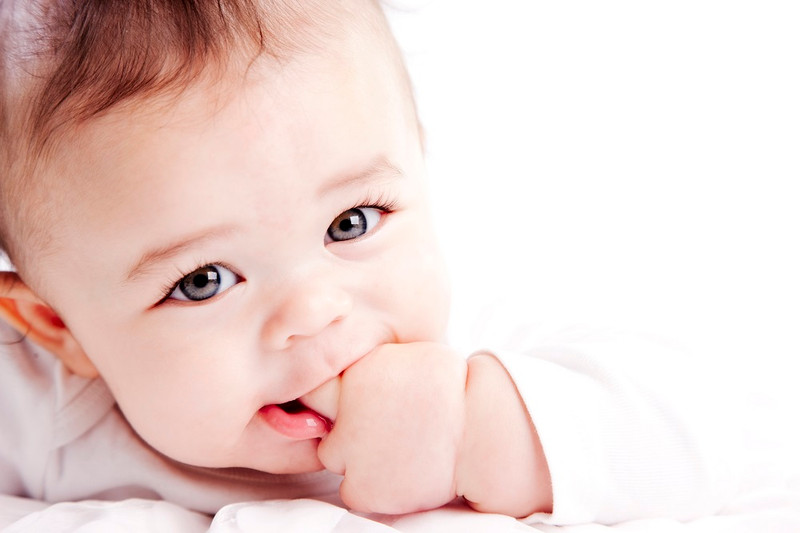As adults we don’t think much about our cold sores other than the itchy, irritating and ugly-looking blister that lasts seven to ten days. But for babies and especially newborns, cold sores can be fatal, and ironically babies most likely get their cold sore from those closest to them, that is, mum and dad.
What are cold sores?
A cold sore is a viral infection caused by the herpes simplex virus (HSV). There are 2 main subtypes: HSV1 and HSV2. Cold sores are caused by HSV1.
HSV infection is one of the most commonly encountered human viral infections, and once contracted, you will have the virus your entire life. Around 90% of adults have HSV antibodies which indicates previous infection. However, with HSV, the first infection doesn’t necessarily cause any symptoms. This is because the HSV lies dormant until reactivation which is when you present with symptoms and the virus is infectious.
How do babies get a cold sore?

The HSV is spread either directly by skin contact with a blister or sometimes with the non-blistered but infected skin, or indirectly from infected saliva as HSV can be shed in the saliva even when blisters are absent. This means babies can become infected from a simple kiss from mum, dad or visiting family and friends who were previously infected and may or may not be showing any symptoms.
How do I know my baby has a cold sore?
Whilst adults may not present with symptoms when initially infected, babies are almost always symptomatic and if left untreated, HSV infection in babies can cause death. Signs and symptoms to look out for include lesions or blisters to the skin, eye and outside or inside the mouth. If you suspect your baby has cold sores, see you doctor immediately.
How do I prevent my baby from getting cold sores?
If the mother herself carries the HSV, the baby is usually protected from cold sores for at least six months by the mother’s antibodies. However some precautionary measures can be taken starting with minimising the number of kisses your baby gets, especially when newborn, and in particular asking family and friends who have cold sores to not kiss your baby.
If you have a cold sore it is advised that you avoid being in close contact babies. If unavoidable, not only should you not be kissing the baby but you will need to take extra precautionary measures to minimise spreading the cold sore to the baby. This includes washing your hands after touching the cold sore, and avoid sharing cups, drinks and cutlery with the baby. So if you have a cold sore, think twice before taste-testing the baby’s food and resist the urge to give the baby hugs and kisses.

